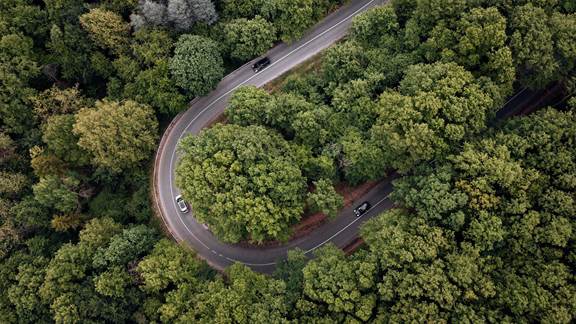In today’s world, we face a monumental challenge. How do we unite the initiatives of sustainability and digital transformation to build a world that works better for everyone? This challenge resurfaced time and again throughout our participation at Vision 2045, a leadership summit that happened alongside COP26 last year.
As we continue to work in alignment with the UN's 17 Sustainable Development Goals (SDGs), we’re excited by recent innovations that aim to reduce inequalities by bridging sustainability and digital transformation. Specifically, in the electric vehicle (EV) manufacturing industry. Tech leaders are striving to overcome the range of environmental and humanitarian issues that exist because of the reliance on cobalt mining for EV batteries.
Here, we take a look at the context, the solutions and the ways in which sustainable digital transformation is changing and can continue to change the way the world works for the better.
